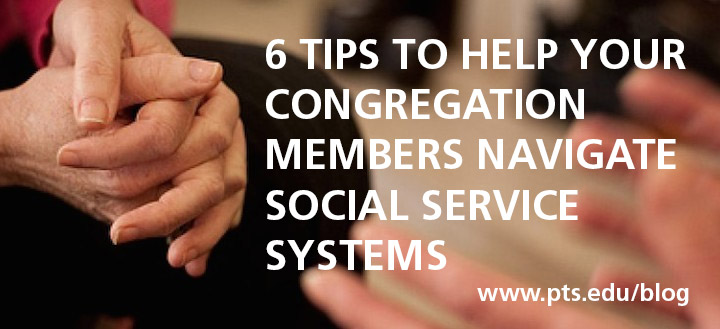As clergy, we find that we are constantly asked to be experts at tasks and we’re unprepared—plumber, roofer, fundraiser, cleaner, social media expert, copier repair person, barista. Tasks we spend years preparing for in seminary revolve around divinity and theology. Tasks many of us hope we are prepared for revolve around care and counseling. Theology and counseling. We desperately want to make a difference as pastors. We are called by God to spend our lives and our careers telling people about the love of Jesus Christ. It just so happens that nearly all of the people we tell are hurting. And we desperately want to pour ourselves into fixing that hurt.
Pastoral Care
There is a difference between pastoral care and counseling. Pastoral care is walking with someone in their time of trial, hurt, or misfortune. Counseling is problem solving. Counselors have a care plan and a care team to make sure that they are meeting the goals of their plans with their clients. Counselors have brief relationships with clients. Counselors do not walk through life with their clients like pastors do.
Counseling
Counseling is a brief (a few months or years) relationship with someone focused on a malady in their family system or their emotional state. Counseling is seeing tangible results. And it is incredible to see results. These are results that often evade us in parish ministry.
As a pastor and a counselor, I have found both relationships extremely rewarding, though they have remained separate. I have never been a counselor to a parishioner. The roles are so different. Breaking bread with someone, baptizing their children, being present as they die; this is the role of pastor. This is the honor of walking with someone in the ups and downs of daily life and proclaiming “God loves you!” “Jesus is here!”
As a pastor walking with congregation members, we naturally come in contact with a variety of social service systems. Hospitals, Medicare, Medicaid, Social Security, suicide hotlines, nursing homes, schools, child services, and the justice system to name a few. Because of our exposure, people oftentimes look to clergy as experts in a subject that we are learning to navigate ourselves. Here are some tips for congregation members as they navigate unknown social service systems.
Six tips to help your congregation members navigate social service systems:
1. Stay calm.
Most people encounter social service systems, whether for children, adults or the elderly in times of stress. If the person in need of the service is under great stress, is too young, or is ill, it is important that someone who can be calm stay a part of the conversation. You must be able to listen, not just hear what the services are saying.
2. Get a buddy.
Even the most competent social service employee will miss something in a conversation regarding a system. Bring someone along with you to your appointments; have someone with you when you register online. Don’t do it alone. You will miss something.
3. Take notes.
When meeting with a healthcare, financial, social security, or child welfare system, take notes. Date your notes. Document what you are to do next and what the system is to do next. Follow up if things are not acted upon as you expect.
4. Come with questions written down.
Spend three minutes before your appointment, discharge, etc. and list questions that you have. Write them down. When the doctor, social worker, or case manager asks, “Do you have any questions?” say “YES.” Everyone should have questions when heading into an unknown system or situation. If nothing else, ask for information on who to contact when you have questions after leaving the appointment/hospital.
5. Advocate.
Be your own advocate and advocate for your friends and loved ones. The only way we can advocate for one another is if we let each other into our health, financial, and social needs. Trust your neighbor, mother, child, or friend when they tell you something is wrong. And do everything you can to work out the problem with them.
6. Connect with a social worker.
Find a local social worker who can be on call for your congregations needs. Most congregations have a social worker who attends, or someone will have a connection. The social worker will be able to help congregation members navigate the systems.
The role of pastor is so unique. No counselor, social worker, or social service is invited into the fullness of life in the way pastors are. In this unique role it is important to know our limitations and lean on experts who can help us and our congregants navigate some of life’s most frustrating and frightening moments. It is part of the honor and responsibility of walking with others and pointing to our Lord and Savior Jesus Christ.
The Rev. Erin Davenport is a 2005 alumna of the MDiv program. Through the Seminary’s joint degree program, she also earned her MSW from the University of Pittsburgh. A former chaplain, she now resides in Pittsburgh and serves as the Seminary’s director of the Miller Summer Youth Institute.

